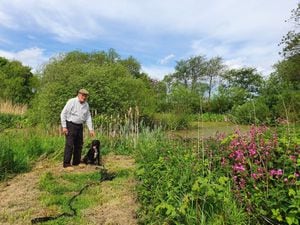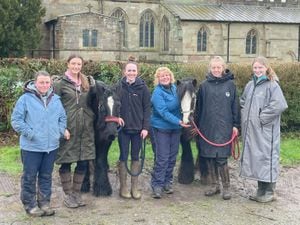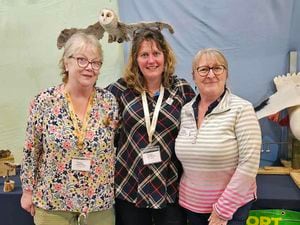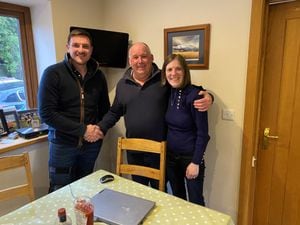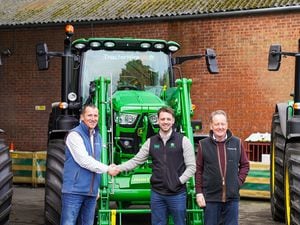Livestock markets are a lifeline
As we all enjoyed the fine weather of late, it was easy to forget that only three months ago we were enduring a very long, hard winter and there was no sign of spring and even eight weeks ago it snowed in some parts of the region over Easter.

Visiting farms over the last month to complete annual stocktaking valuations, it is mostly the same story. The barns are empty – fodder reserves have been used up and several farms have had to rely on the support and help of neighbours to get through a long cold wet winter.
Community spirit is alive and well on the Welsh borders and for that we should be thankful. Livestock rearing in an upland area has to be a business but to be successful it also has to be a vocation. As they say, it’s tough at the top!
This got me thinking about our livestock markets and the vital role they play in the community.
They are not just a place to trade livestock, they are a place to meet, to catch up, to share ideas, to lend a sympathetic ear and an encouraging word. Farming can be a stressful and lonely profession but market day provides the opportunity for everyone ‘in the same boat’ to come together.
For small towns too, market day is the busiest of the week when cafes and shops are bustling.
Livestock markets are a place for busy farmers to get their health checked. At our markets in Ludlow, Kington, Knighton, Brecon and Worcester we’ve teamed up with all manner of organisations from Mind to Macmillan and offered everything from prostate to blood pressure checks.
They are also a great place to learn new skills and brush up on best practice. We’ve run workshops from butchery to the prevention of straw fires!
Now we’re making sure our livestock markets really are a lifeline, having invested nearly £4,000 to buy defibrillators for each of our five locations.
Available from reception if the need should arise, these portable devices could help save a life and are really easy to use. I speak from experience, having joined several colleagues on a training course a couple of weeks ago.
Last year the Livestock Auctioneers Association celebrated 200 years, after the first registered auction was held in 1817. Farming may have changed immeasurably since then but the local livestock market is still a lifeline in rural communities the length and breadth of Britain.
Glyn Owens, chairman, McCartneys LLP

